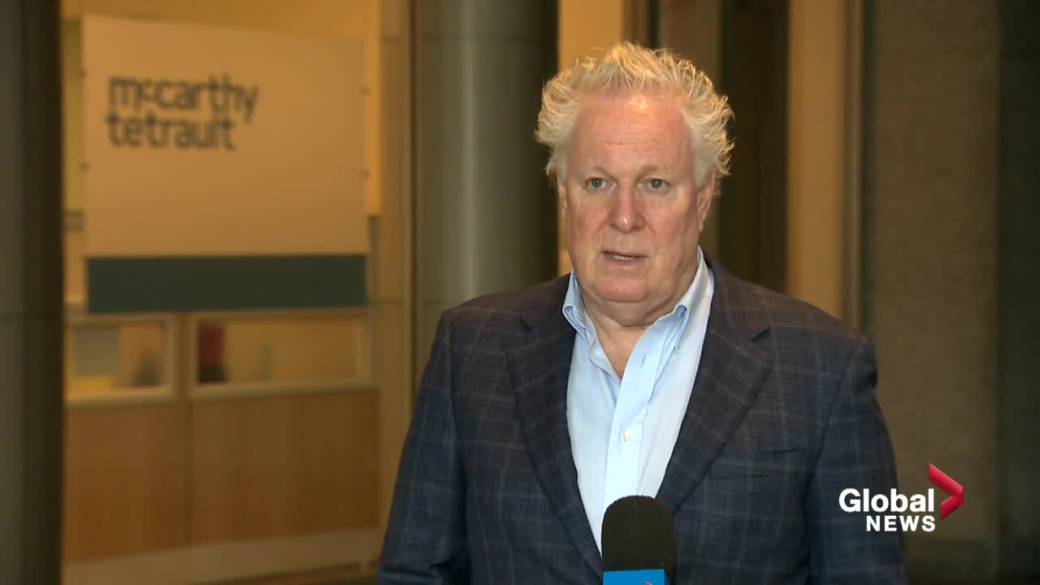Ten years ago, Jean-François Lisée predicted that Quebec’s independence movement would be reborn.
“It could rise again given the right circumstances,” he said in 2015. “What could trigger it, I cannot say.”
Three years later, as leader of the sovereigntist Parti Québécois, Lisée lost his riding and saw his party reduced to 10 seats when the upstart Coalition Avenir Québec, led by François Legault, swept to power for the first time.
The 2018 election was widely seen as proof that separatism was no longer a defining issue in Quebec politics, and pollsters speculated that the PQ’s days were numbered. The province’s new leader was a former sovereigntist at the helm of a conservative-leaning, nationalist party promising not to hold a referendum, and Quebecers rewarded him with a decisive majority.
“There are many Quebecers who put aside a debate that has divided us for 50 years,” Legault said after his victory.
Now, on the eve of the 30th anniversary of Quebec’s second independence referendum — the first one was in 1980 — it seems the tide could be turning again. Legault is deeply unpopular after six years in power, and the Parti Québécois, with a young, charismatic leader, has been ahead in the polls for more than a year.
It remains to be seen, however, whether the party, which is promising to hold a third referendum by 2030, can breathe new life into the province’s aging independence movement.
If an election were held today, polls suggest the Parti Québécois would easily win a majority. Leader Paul St-Pierre Plamondon, an Oxford-educated 47-year-old, has injected youthful energy into a party on the verge of extinction.

Émile Simard, leader of the PQ’s youth wing, believes the party’s popularity will renew the appetite for independence in Quebec. He grew up in a sovereigntist family in the Saguenay—Lac-Saint-Jean region, and took out his membership card when he turned 16.
Now 22, he says the reasons for independence have changed somewhat since the 1995 referendum, when the “No” campaign eked out a win. He pointed to climate change in particular.
 Click Here to Read the Full Original Article at : Politics…
Click Here to Read the Full Original Article at : Politics…
